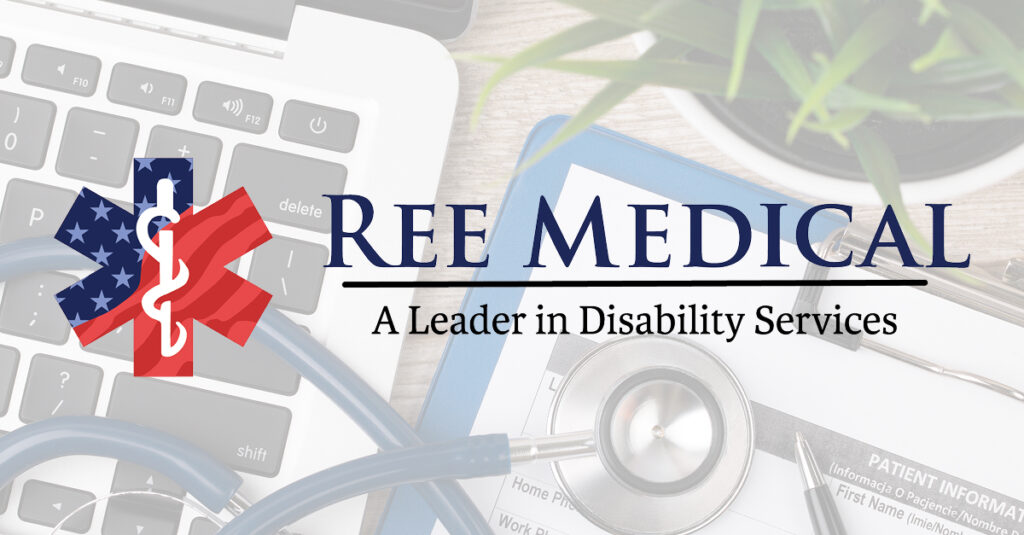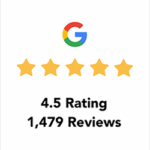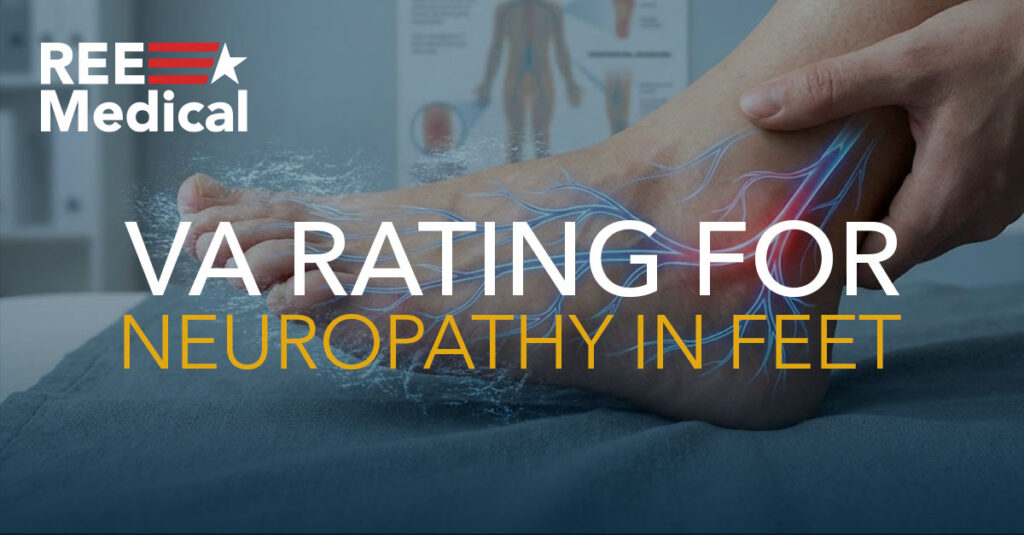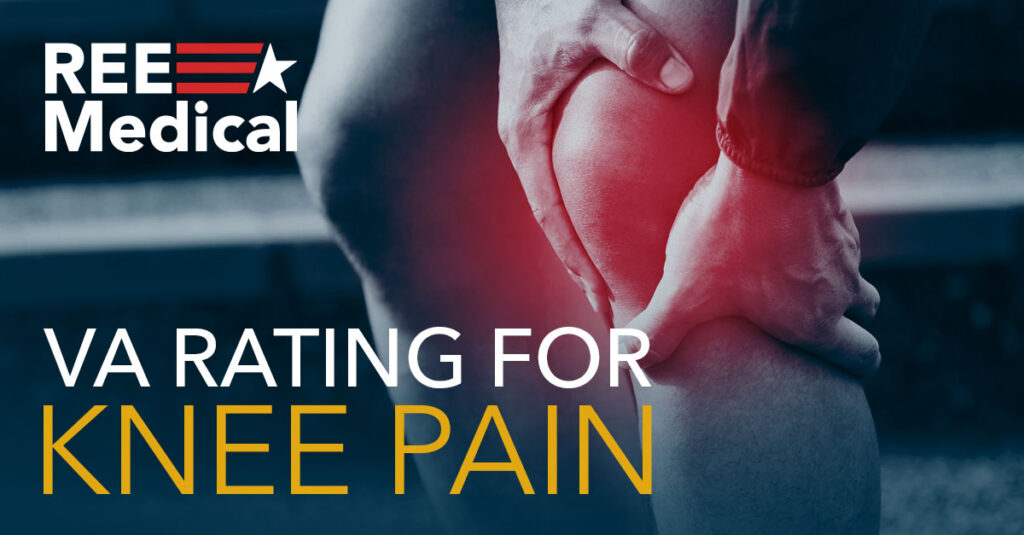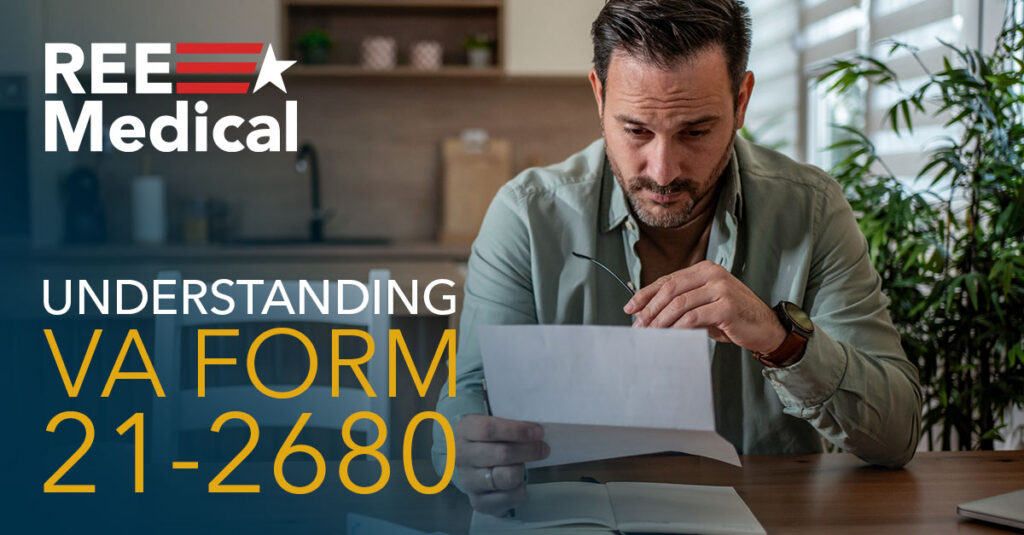For many Veterans, the path forward after service isn’t defined by medals or milestones, but by managing the invisible wounds of war. Mental health challenges like post-traumatic stress, anxiety, and depression don’t always arrive with warning signs, but they often linger long after the uniform is folded away.
This June, as we pause to remember pivotal moments in military history and recognize important milestones—like D-Day, Women Veterans Day, and National PTSD Awareness Day—it’s just as important to acknowledge the quieter battles being fought every day. This blog is about meeting those moments with strength, self-awareness, and the power of connection.
Why Veteran Connections Matter for Mental Health
There’s a unique understanding that only exists between those who’ve served. Whether it’s shared silence or mutual recognition in a simple nod, Veterans carry a language and experience that can’t be taught. That connection can be a critical component of mental health.
Research and experience both show that peer support:
- Reduces feelings of isolation
- Encourages openness and honesty
- Improves trust in care and support systems
- Builds resilience through shared experience
If you’ve struggled to feel heard or understood, know that you’re not alone. Meaningful connection often starts with those who’ve walked a similar path.
Taking Back Control: Steps You Can Start Today
Mental health support isn’t one-size-fits-all. But small, consistent steps can make a real difference, especially when they’re rooted in purpose. Here are five self-led practices that can help you stay grounded, connected, and supported:
1. Establish a Daily Grounding Routine
Even simple routines can help stabilize emotions and reset focus. Try:
- Box breathing (4-4-4-4): Inhale for four counts, hold for four, exhale for four, hold again for four.
- Morning reflection: Spend two minutes writing down one goal and one emotion you’re bringing into the day.
- Movement check-in: Walk, stretch, or stand every hour to reconnect with your body.
Consistency builds resilience. Over time, these simple tools help reframe how your mind responds to stress.
2. Start a “No-Rank” Conversation
Military life teaches hierarchy—but when it comes to mental health, connection works best in the absence of rank. Start a conversation with a fellow Veteran focused on shared experience rather than service records.
Some ways to open the door:
- “What was the hardest part about adjusting to civilian life for you?”
- “Do you ever feel like people just don’t get it?”
- “What helps you reset when things start to feel overwhelming?”
You don’t have to fix anything for each other—just listening is powerful.
3. Challenge the Stigma, Internally and Externally
Mental health conversations still carry stigma, especially among Veterans taught to “push through.” But strength includes self-awareness. It’s okay to ask:
- “What would I tell a battle buddy if they were struggling?”
- “Why do I think asking for help makes me weak?”
- “How would I feel if someone opened up to me?”
Reframing your mindset can be the first step toward healing. You don’t need a formal diagnosis to deserve care.
4. Use Writing to Reclaim Your Story
Your experiences matter, and putting them into words can help provide clarity, release, and validation.
Try these prompts:
- “The part of service that changed me most was…”
- “I feel most disconnected when…”
- “One thing I want people to understand about invisible injuries is…”
Whether you write to share or simply for yourself, writing creates space between you and your experiences, allowing for new perspectives to emerge.
5. Know When Documentation Can Support You
Mental health symptoms—especially those tied to military service—can impact your daily life in ways that deserve recognition. For many Veterans, obtaining accurate and independent medical documentation becomes a critical part of moving forward.
Whether you’re pursuing disability-related documentation or simply seeking clarity from an independent evaluation, quality matters. The right medical evidence can serve as both a validation of your experiences and a tool for pursuing appropriate support.
REE Medical works to connect Veterans with independent, licensed medical professionals who understand the complexity of service-connected mental health concerns. While we don’t advise or assist with filing claims, we ensure the medical evidence provided is thorough, competent, and ready for the path you choose.
Final Thoughts: You Are Not Alone in This Fight
Each June, we honor military history. But it’s just as important to honor the emotional landscape inside every Veteran still navigating the aftermath of service.
Your story doesn’t need to be polished to be powerful. Your strength isn’t defined by silence. And your healing doesn’t have to happen in isolation.
Connection, compassion, and clarity are all within reach. And they start with a single decision: to take the next step, for your mind, your body, and your future.
Ready to face that future? Let’s talk with a free consultation.

